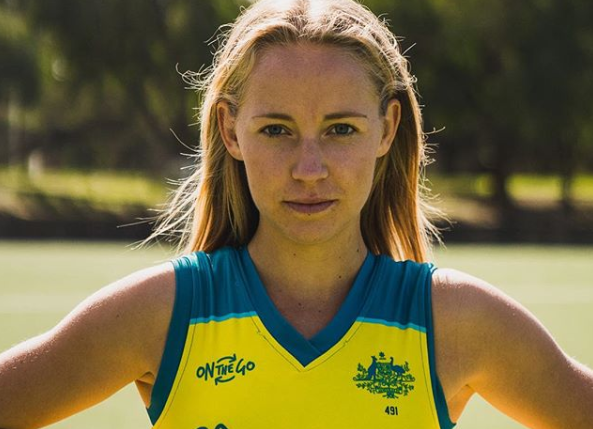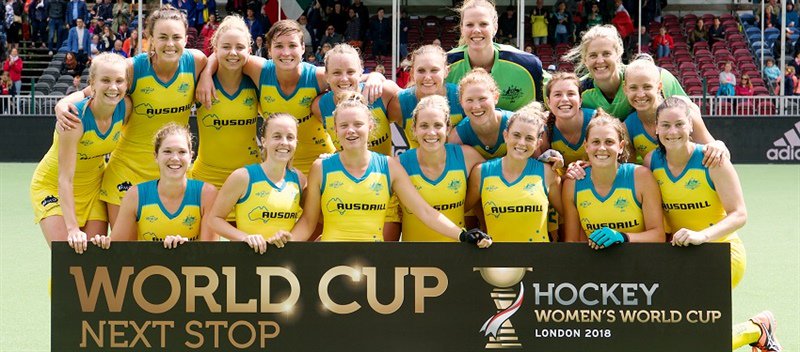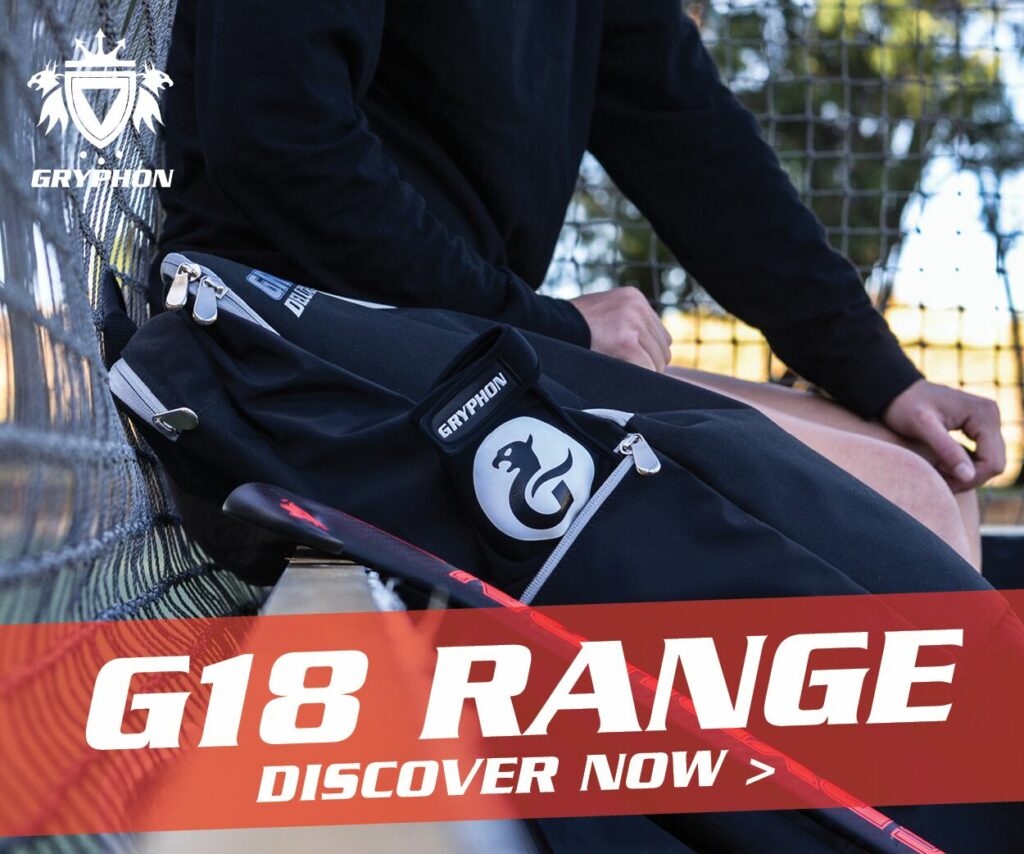
In her first column for The Hockey Paper, Australia’s Georgia Wilson takes us behind the scenes as Australia prepare for London
The push back for the 2018 London Hockey World Cup seems ever distant at 7am on a Tuesday morning. There’s an absence of patriotic fans, cameras and autographs. Replaced instead by screaming winds, rain blurred vision and coaching commands.
A simple reminder of the approaching event creates an unspoken energy that manifests amongst the group with focus immediately shifting beyond the undesirable conditions and instead towards the real challenge that lies ahead.
Although being indirectly present from the daily training environment over the course of the past several months due to rehabilitating a knee injury, brief moments of viewing allow the opportunity to observe the vast improvement that has led to the group’s recent success.
A silver medal win at the Gold Coast Commonwealth Games instilled confidence, providing collective reward for individual efforts exerted over the course of a gruelling three-month pre-season period.
The Games challenged player recovery, seeing late night matches and minimal rest days’ test individual abilities and physical repair.
However, a heartbreaking loss during the final game harshly reminded the group about the dire consequences associated when failing to convert goal scoring opportunities but redemption over Commonwealth gold medallists, New Zealand in last month’s Tri Series nonetheless confirmed the valuable learning experience.
These successes act as a reflection of several recent changes that have been implemented to the programme. Individually tailored conditioning programmes simulate positional demands, involving specific players being removed from drill participation mid-skill circuit to cover various sprint and shuttle distances.

Introduction of the ‘yo-yo’ test as an additional fitness measure to the standard one-kilometre time trial and beep test has also enabled analysis of repeated sprint capability, with the test involving multiple 20-metre efforts alternated with short resting periods.
Thorough investment towards off-field activities also plays a vital role in our World Cup campaign. Unlike other tournaments, two travelling reserves will extend the number of athletes travelling to 20, with the group aware of the impact these two athletes will play in providing support.
Our sports psychologist has prepared us for every possible scenario.
What if we need to play with 10 players?
What if we are two goals down?
What if we go to a 1v1 shoot out?
We’ve prepared by reducing uncertainty. The ruthless draw format also leaves minimal room for error and opposition tactics and structures have been spread via video analysis and player driven discussions. World rankings will soon become irrelevant once the event begins and performance consistency assumes its place.
Despite the majority of the team about to make their first World Cup appearance, senior players who comprised part of the Hockeyroos silver medal performance at the previous World Cup in 2014 have willingly shared their knowledge, stressing the importance for individual players to adopt a competitive mentality and understand their role within the team.
https://www.instagram.com/p/BiYbcmYl2wv/?hl=en&taken-by=georgiawilson1996
Over the past several months, I’ve externally watched the groundwork be laid and the preparation completed. All that now remains is for my team to discover where we currently stand on a global stage and, more importantly, discover what we really want.
Let’s get it done.
Georgia is currently six months into a 12-month injury rehabilitation programme after tearing her left anterior cruciate ligament in January. You can keep up with her return to fitness on her Instagram page.




